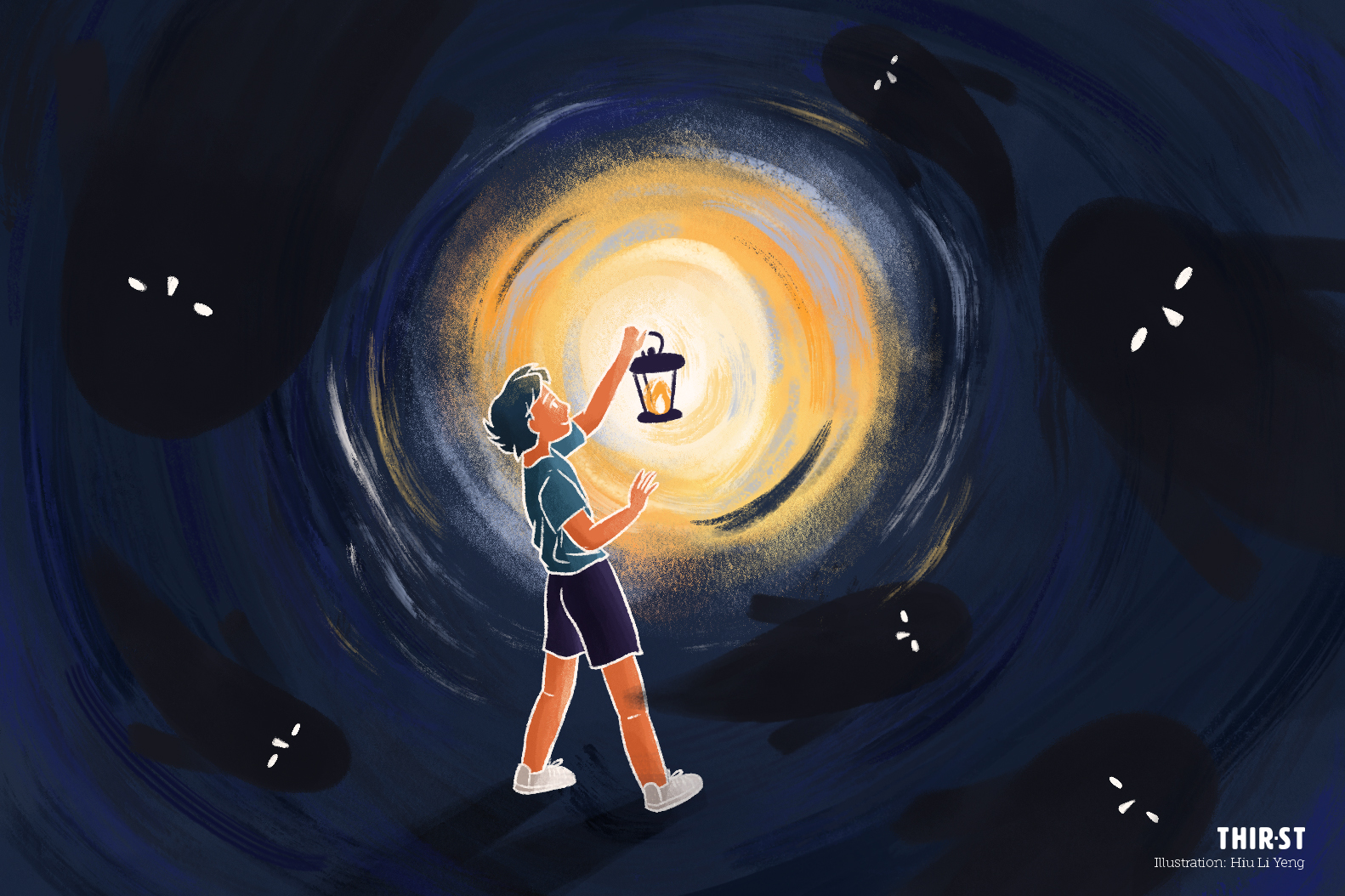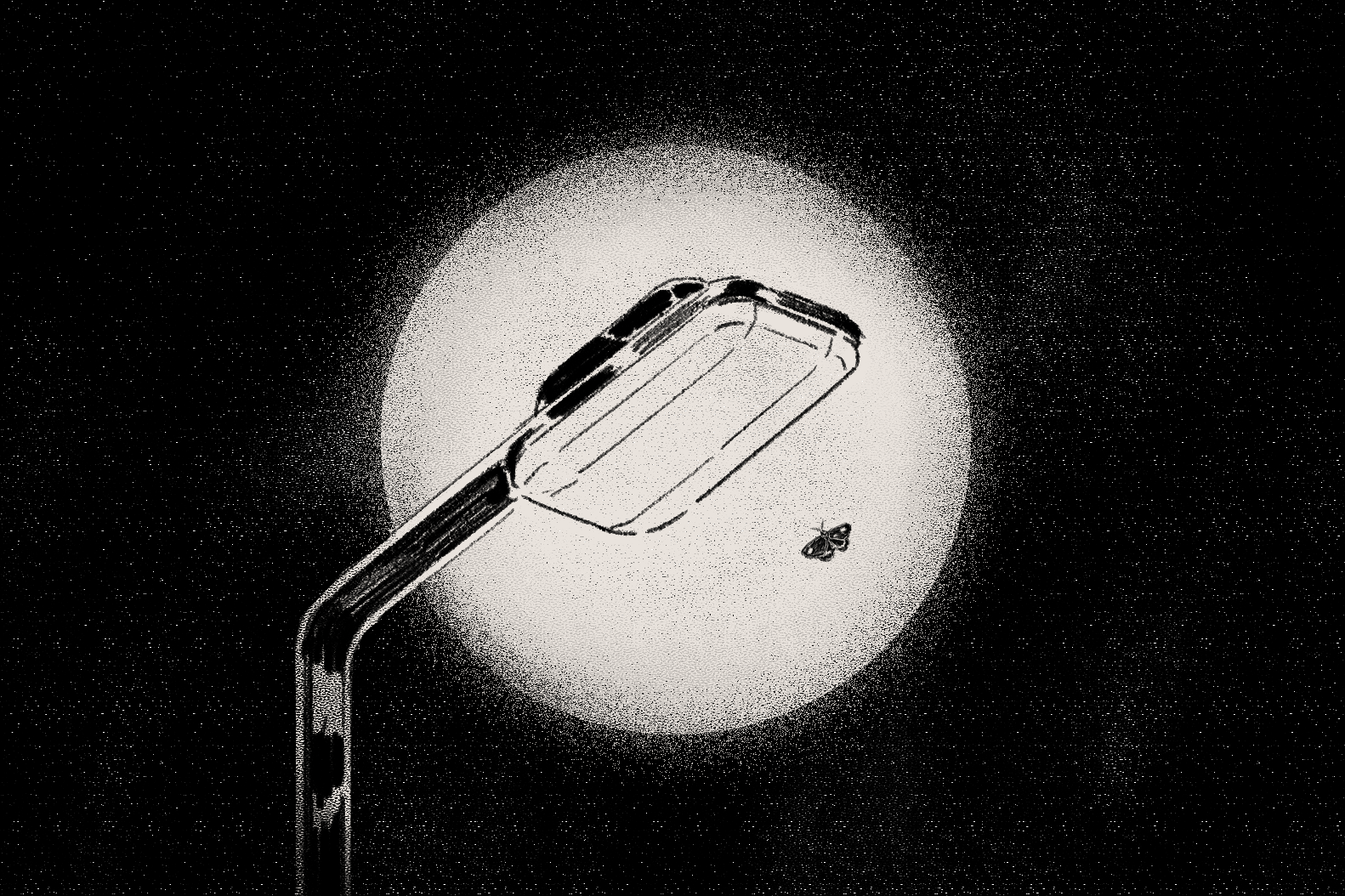A big part of what makes suffering from depression so difficult is how isolating it feels.
We crave to be fully understood in the depths of our emotions, and yet the pain we feel is so personal that it makes it impossible for someone to do just that.
I can’t count the number of times I’ve gotten even more upset when a well-meaning friend responds to my grief by saying things that make me feel like they don’t understand like, “You have nothing to be upset about, things will get better!”
Who could possibly understand? As such, I saw Christians as a bunch of people clapping hands and singing songs to a God who was far, far away – one who could never (or could not bother to) understand the pain we tiny humans felt.
I was, thankfully, completely mistaken. As such, I’d like to share some things like these that I’ve learned about God through my struggle with depression.
GOD UNDERSTANDS SUFFERING
During the first session with my psychiatrist, he lent me a copy of a book titled Darkness Is My Only Companion by Kathryn Greene-McCreight, a chaplain who suffered from bipolar disorder.
The book covered a huge range of questions about mental illness and how it affected faith. What stood out to me the most was how often the Bible acknowledged the human experience of despair.
The book’s title comes from Psalm 88, a song in the Bible that tells the story of a man lamenting to God about the immense pain he is going through.
The psalmist points the finger at God in an honest outpouring of grief: “You have caused my beloved and my friend to shun me; my companions have become darkness” (Psalm 88:18).
What stood out to me most was how often the Bible acknowledged the human experience of despair.
This was a God who could empathise with my hurting because He experienced the worst suffering imaginable.
And yet such an honest expression of human despair is included in the Bible for all to read as they learn about God.
We see so many other examples of people in despair throughout the Bible. Think of the prophet Elijah in 1 Kings 19:4, King David in Psalm 13 – pretty much the whole book of Job!
These people were still seen as servants of God despite their occasional lapses into inconsolable grief.
It made me realise that the church is a place for broken people, and that I did not have to feel guilty about feeling like an absolute mess when I sat in for service.
It meant I could come honestly to God in prayer and show all my brokenness.
But what was even more astounding was that the God of the Bible knew my suffering more intimately than I ever could.
Christians believe that God sent His son Jesus to earth to die on the cross for our sins.
Jesus is described as “a man of sorrows and acquainted with grief” (Isaiah 53:3), which seems to be a strange way to describe someone who is supposed to be the saviour of all creation.
Yet there on the cross, Jesus experienced a sorrow far worse than any of us could ever bear. As He died, He cried out “My God, my God, why have you forsaken me?” (Matthew 27:46).
The beloved Son who had been with the Father since before creation, suffered not only separation from God but also the entire weight of His wrath and judgment on the cross.
That is a grief we cannot even begin to fathom. This was a God who could empathise with my hurting because He experienced the worst suffering imaginable.
GOD LOVES THE UNLOVABLE
The question then must be asked, why would an all-powerful God do such a thing?
I think John 3:16 captures it perfectly: “For God so loved the world, that he gave his only Son, that whoever believes in him should not perish but have eternal life.”
I do not know why God chooses not to end suffering, but I do know that whatever the reason, it cannot be because He does not love us.
Whatever the reason is, loving us was costly to God – He had to bear the greatest sorrow of laying His vengeance fully on His Son.
There are many days I spend thinking that nobody could ever love such a terrible person like me, and my mind just hammers home this delusion.
In those moments when I feel like I cannot be loved, I remember that God showed His love for us by dying for us while we were still sinners (Romans 5:8).
I certainly don’t feel loved in those moments, but the knowledge of that love is enough for me to hold on to. The God of the Bible loves even the most broken man who cries out in genuine repentance.
DEATH HAS BEEN CONQUERED
Because of Jesus’ death on the cross, my sins could be forgiven.
And there will come a day where death will be no more and He will wipe away every tear (Revelation 21:4). On that day, God will restore things to the way they were meant to be, and there will be glory and joy awaiting me that far outweighs the present suffering.
We see many times in the Bible that Christians are promised not only glory, but also persecution (2 Timothy 3:12) and suffering in this life (1 Peter 4:12-14).
Just as we see Jesus’ suffering served a purpose in God’s plan, I can have confidence that my suffering has purpose too, even if I cannot understand it right away.
Looking back, my melancholy has allowed me to speak to fellow sufferers, or to spend hours at the bedside of grieving people to hear them out, and I am certain God will continue using my pain to bring good.
So, while I do look forward to the day I am reunited with God, I know that to live this life means fruitful labour for me, and that the pains now cannot even begin to compare with the joy of knowing Christ.

To those of you who might be reading through this to better understand how to walk with a loved one through their depression, thank you for wanting to be there.
Caring for someone with depression can oftentimes be trying, seemingly unrewarding and exasperating.
Your friend may not have the emotional capacity to express gratitude, but know that your love goes a long way in soothing a hurting heart.
Don’t feel like you need to be there to provide solutions to their problems, because those with mental illness aren’t necessarily seeking solutions.
Your presence alone can go a long way in reminding them of Christ’s love for them in a very tangible way, and you can always gently remind them of God’s truths in the way you pray with them (the three points above may be a good start).
And to my fellow sufferers, I am so absolutely glad that you are here and seeking answers to your pain.
I am sorry that you’ve had to bear so much hurt on your own, and I know how frightening it can be to seek help.
I was incredibly afraid of taking my medications too – that it would wipe out my identity and make me nothing more than a hollow shell (and embarrassingly make me gain weight too).
But I have never regretted taking that first step towards seeking psychiatric help. It has given me the emotional capacity to take on the challenges of life and enjoy the ride.
Professional psychiatric help is not a panacea, but I promise it is worth the effort.
If neither angels nor rulers nor anything else in creation is able to separate us from the love of God in Christ Jesus, what more our emotions?
I do believe however, that there is a spiritual element to mental disease that secular approaches cannot fully reach.
When our own minds betray us, it can be so very difficult to trust in His promises, to find joy in this world, or to feel comforted by God’s love. And that is okay.
If neither angels nor rulers nor anything else in creation is able to separate us from the love of God in Christ Jesus, what more our emotions?
I have no cure-all to remove your hurt, but I am confident that God is sovereign over your suffering.
I urge you, my beloved brother or sister, to cry out to God in your tears – even if it’s an incoherent mess or a barely audible whisper. Even when you don’t feel like it – especially then.
I pray constantly that you will likewise find comfort in the hands of the Father’s from which no one will be able to snatch you out of.
You are deeply, deeply loved. So much so that God sent His beloved Son to die for you.
- Define suffering.
- What does the Bible say about suffering and persecution?
- Are you suffering in life? What is one way God might be working in your situation today?
- Who is someone you can encourage this week?









